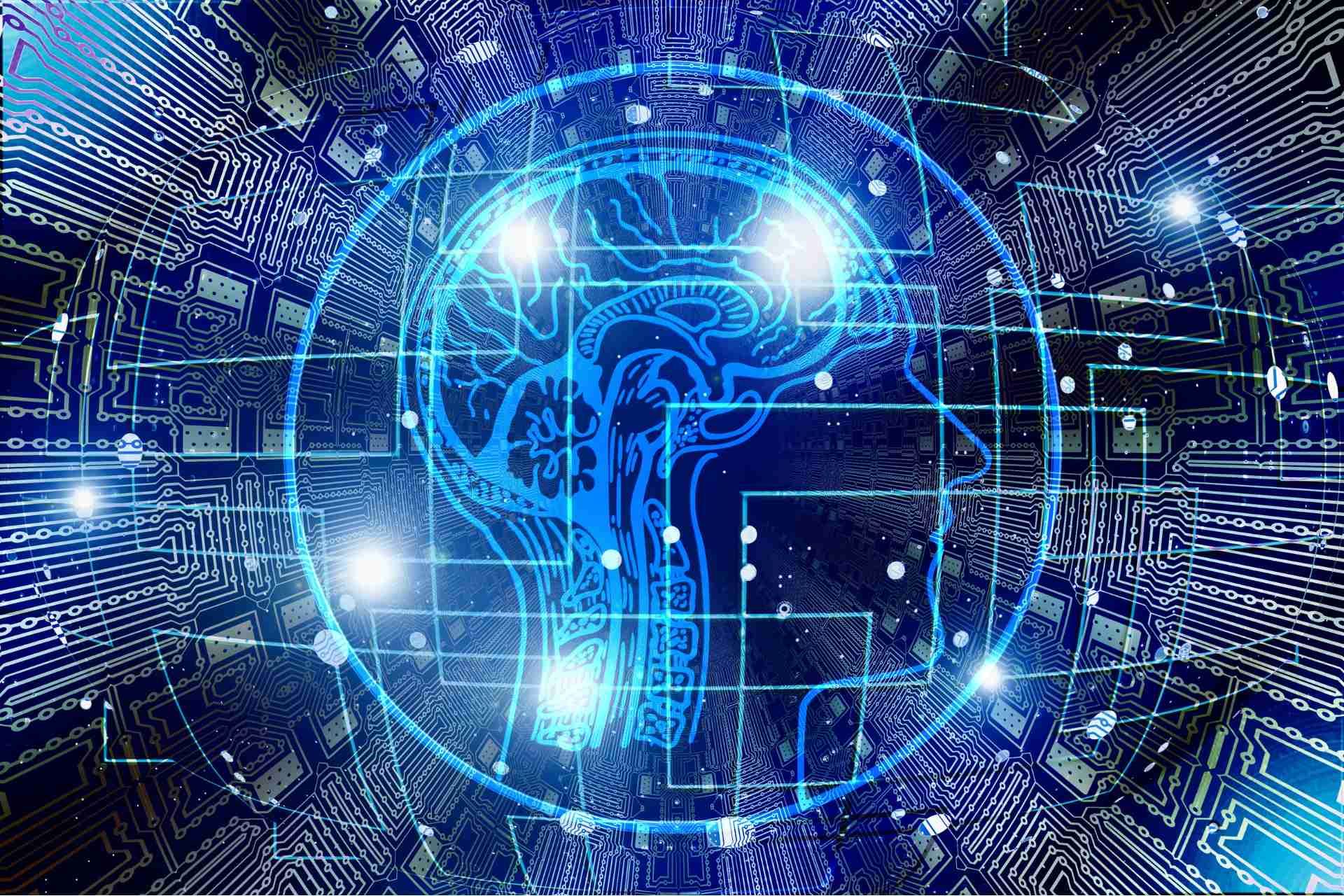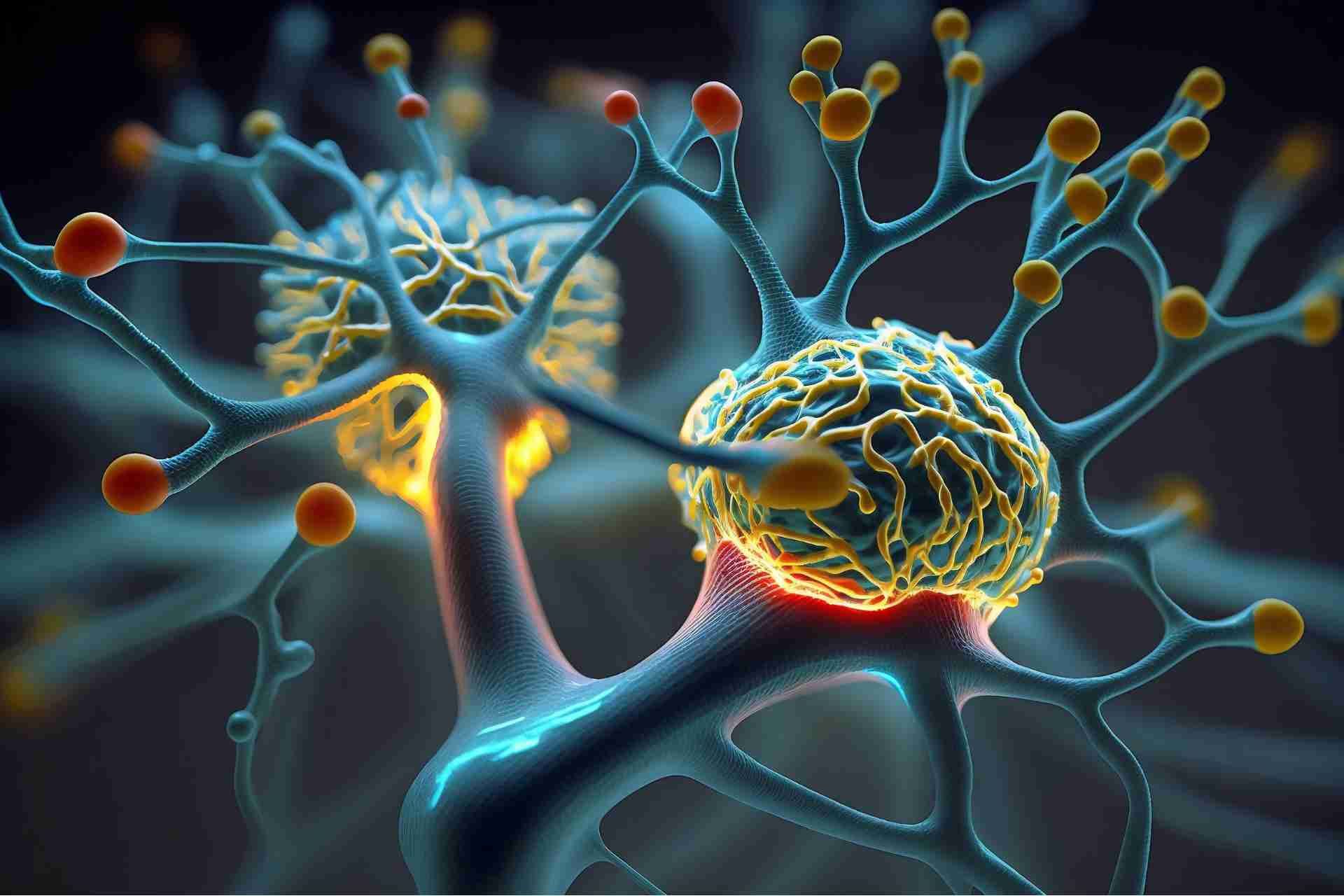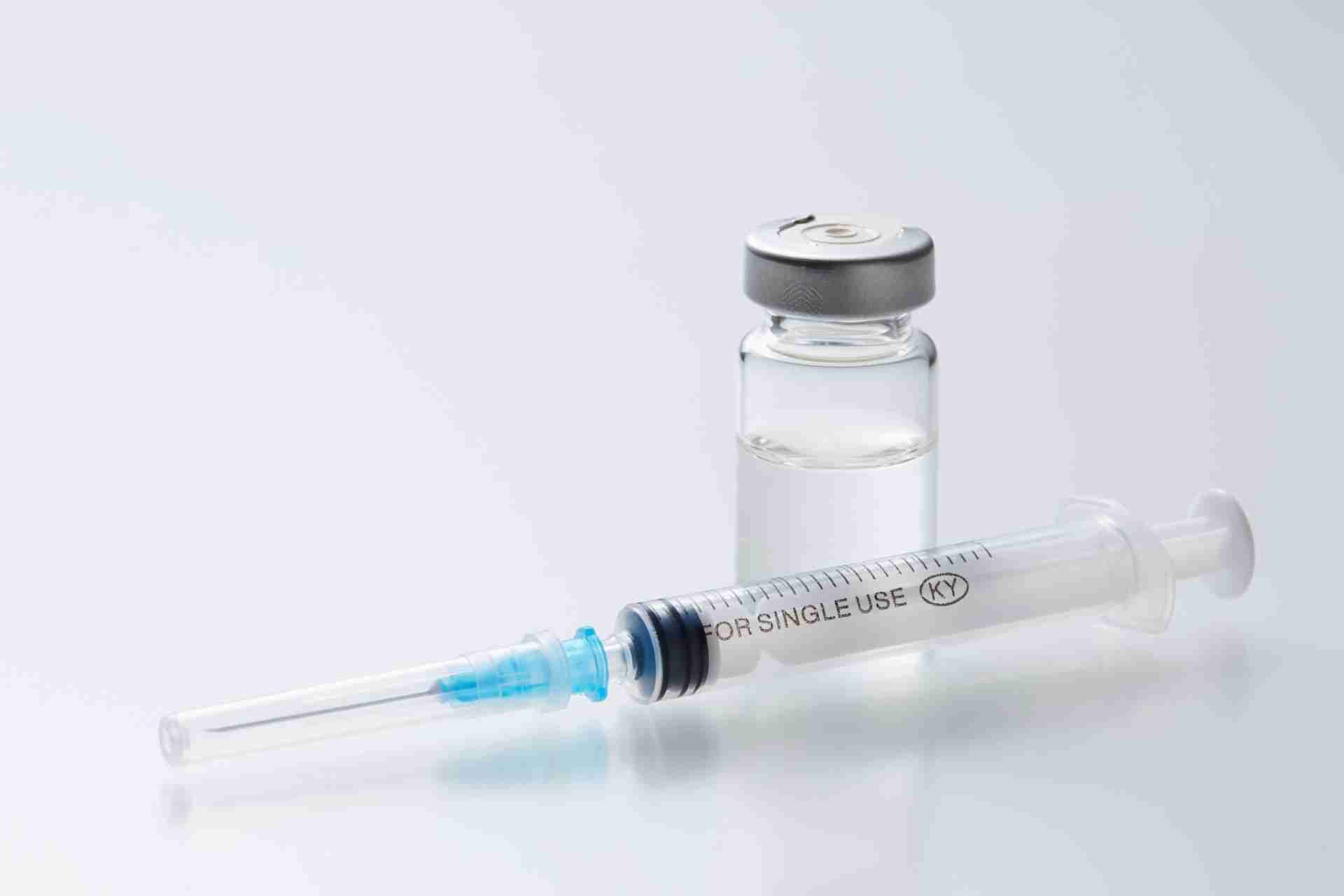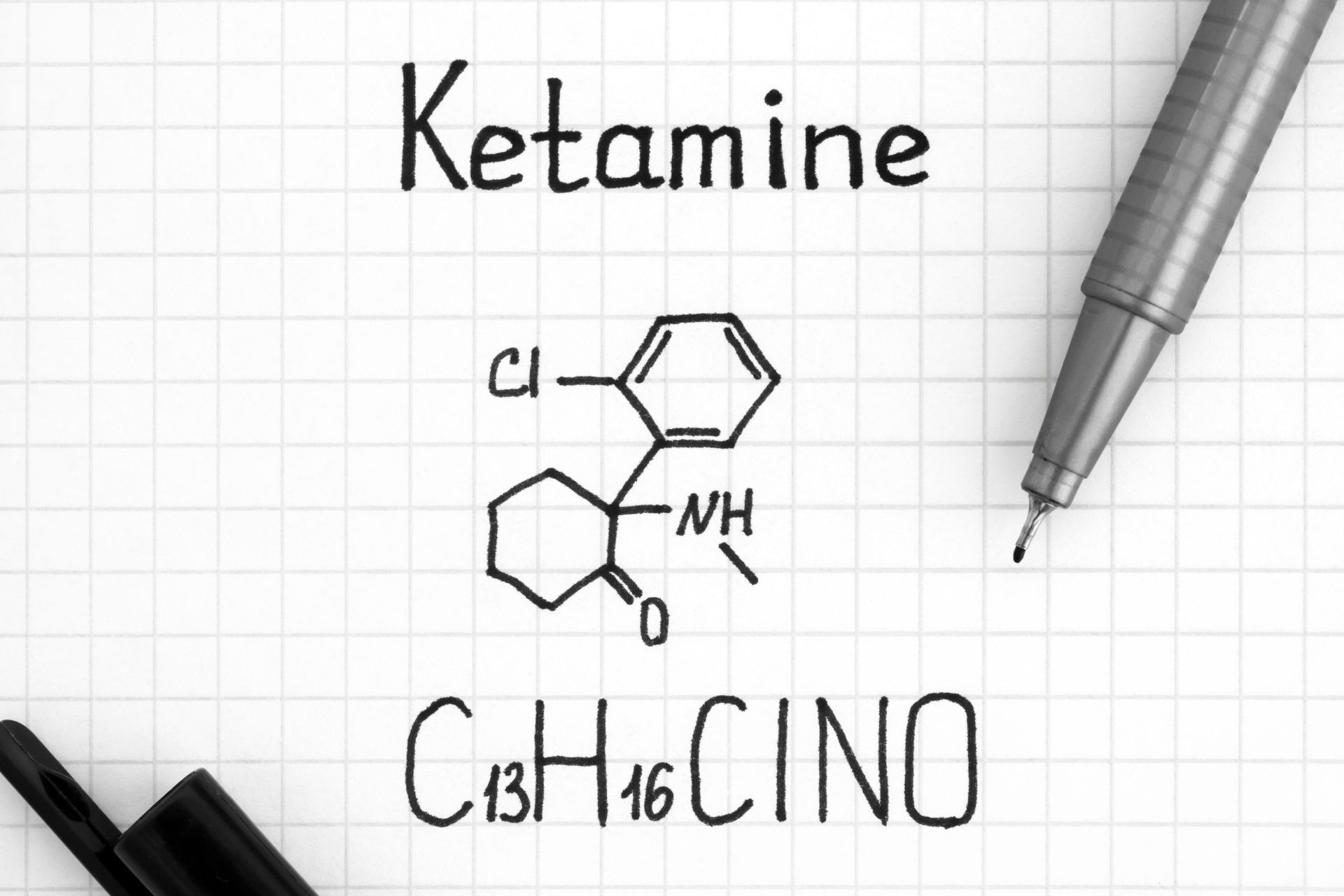Ketamine and Psychedelics: What Are They?

Ketamine and psychedelics have emerged as fascinating subjects in mental health treatment. While ketamine offers rapid relief from depression and anxiety through its unique mechanism, psychedelics like psilocybin and LSD open new pathways in emotional exploration. Both show promise in clinical settings, but their different approaches raise questions about their effectiveness. What do these substances really reveal about our minds and how can they reshape mental health therapies?
Understanding Ketamine: An Overview
Ketamine, often recognized for its anesthetic properties, has gained attention for its potential therapeutic effects in treating depression and anxiety. As a dissociative anesthetic, it works differently from traditional antidepressants, offering rapid relief for those who haven't found success with other treatments.
You might find its unique profile intriguing, especially since it's been shown to alleviate symptoms within hours rather than weeks. Many patients report a significant reduction in suicidal thoughts after just one session.
Ketamine is typically administered in clinical settings, ensuring safety and monitoring during treatment. As research continues to evolve, you'll likely hear more about its potential in mental health care, making it a subject worth exploring if you're seeking innovative approaches to emotional well-being.
The Mechanism of Action: How Ketamine Works
Understanding how ketamine works reveals its unique interaction with the brain. It primarily acts as an N-methyl-D-aspartate (NMDA) receptor antagonist, blocking this receptor and altering glutamate transmission.
This action leads to increased synaptic plasticity and the formation of new neural connections, which can help combat depression and anxiety. You might also notice that ketamine influences other neurotransmitter systems, including dopamine and serotonin, contributing to its mood-enhancing effects.
Additionally, its rapid onset of action sets it apart from traditional antidepressants, making it a promising option for acute treatment.
Exploring Psychedelics: What Are They?
Psychedelics, a fascinating class of substances, have captured the attention of researchers and enthusiasts alike for their profound effects on consciousness and perception.
These compounds, including well-known examples like psilocybin, LSD, and mescaline, alter your sensory experiences, thoughts, and emotions. When you take psychedelics, you might encounter vivid imagery, enhanced introspection, and a sense of interconnectedness with the world around you. Many users also report feelings of euphoria and spiritual insight.
Historically, cultures have utilized these substances in rituals and healing practices, emphasizing their potential for personal transformation.
Today, scientists are exploring their therapeutic applications, especially in treating mental health conditions. As you delve deeper into this intriguing realm, you'll uncover the rich tapestry of experiences and benefits psychedelics can offer.
The Science Behind Psychedelics: Mechanisms of Action
While many people associate psychedelics with mystical experiences, the underlying science reveals a complex interplay between these substances and the brain.
Psychedelics, like psilocybin and LSD, primarily target serotonin receptors, particularly the 5-HT2A receptor. When you consume these compounds, they stimulate neural pathways that affect perception, mood, and cognition. This stimulation can enhance connectivity between different brain regions, leading to altered states of consciousness.
Additionally, psychedelics may promote neuroplasticity, allowing your brain to form new connections and adapt to experiences.
Ketamine, on the other hand, acts primarily as an NMDA receptor antagonist, influencing glutamate levels. Together, these mechanisms create profound changes in your mental landscape, opening doors to new insights and perspectives.
Therapeutic Applications: Ketamine and Psychedelics in Mental Health
Recent research highlights the promising therapeutic applications of ketamine and psychedelics in mental health treatment.
You may find that ketamine is gaining traction for its rapid effects on depression, especially in individuals who haven't responded to traditional therapies. It works by targeting glutamate pathways, offering rapid relief.
On the other hand, psychedelics like psilocybin and LSD are being explored for their ability to foster profound emotional experiences, which can lead to lasting changes in perspective and mood. Many studies suggest these substances can reduce anxiety and PTSD symptoms.
As you explore these options, it's essential to consider the settings in which they're administered, as therapeutic environments play a crucial role in their effectiveness and safety.
The Future of Research: Evolving Perspectives on Ketamine and Psychedelics
As researchers delve deeper into the potential of ketamine and psychedelics, you're likely to see a shift in how these substances are perceived in both scientific and public domains.
New studies are uncovering their efficacy in treating mental health conditions, leading to greater acceptance among healthcare professionals. You might notice increased funding for research, fostering innovation in therapeutic methods.
Furthermore, as awareness grows, public attitudes may become more favorable, paving the way for policy changes around their use. This evolving landscape could lead to more nuanced understandings of these substances and their impacts.
Ultimately, ongoing research won't only enhance treatment options but also challenge outdated stigmas, encouraging an informed dialogue about the benefits and risks associated with ketamine and psychedelics.
Conclusion
In conclusion, ketamine and psychedelics offer exciting possibilities for mental health treatment. While ketamine provides rapid relief through its unique action on NMDA receptors, psychedelics enhance emotional experiences and neuroplasticity through serotonin receptor activation. Both have shown promise in addressing conditions like depression and PTSD, highlighting the importance of a supportive therapeutic environment. As research continues to evolve, you might find that these substances could play a vital role in reshaping mental health care in the future.










